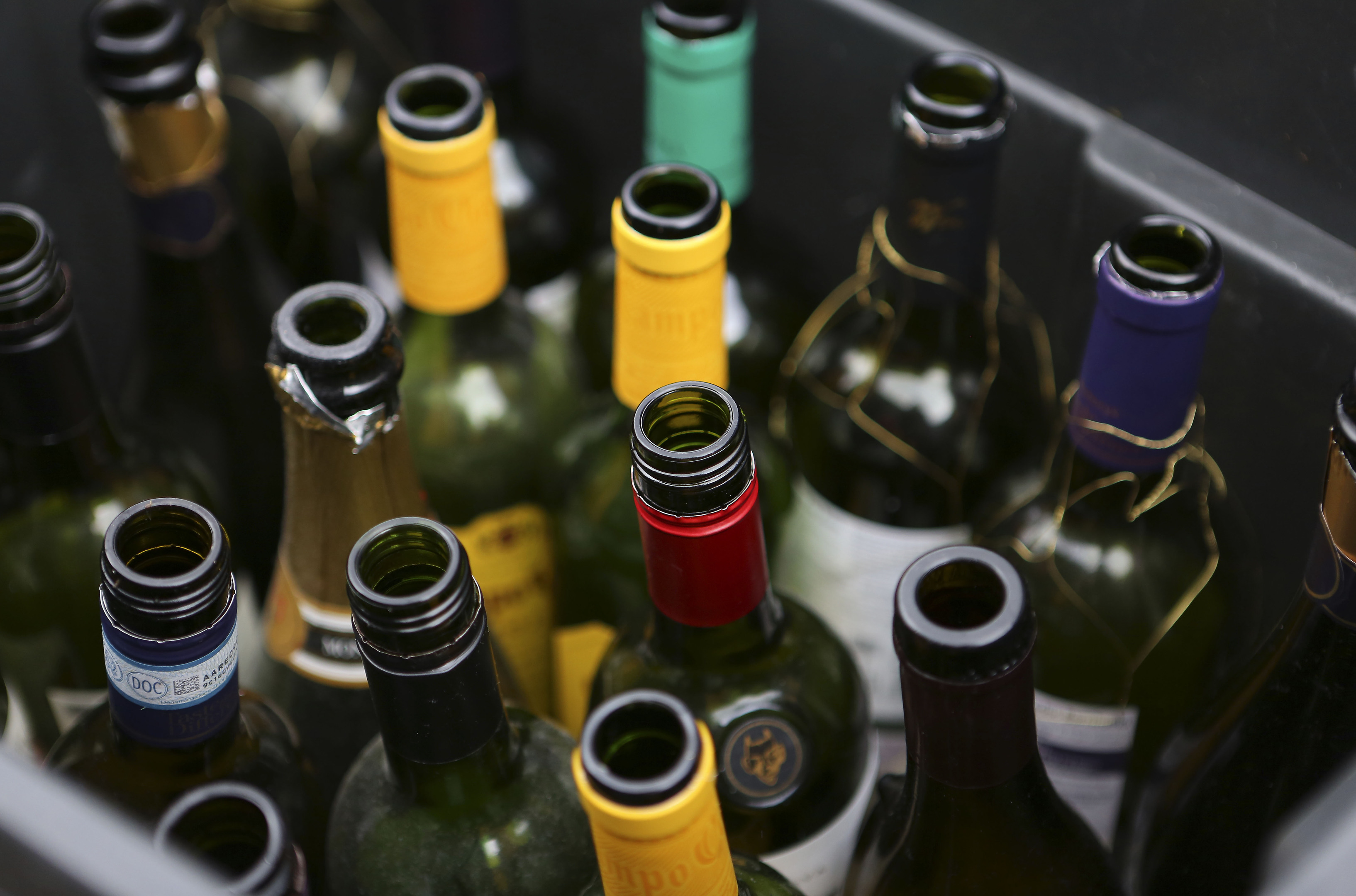
A law that sets a minimum price for alcohol in Scotland has been implemented effectively, with compliance high among licensed premises, according to a new report.
Minimum unit pricing (MUP) came into force in May last year and requires all licensed premises in Scotland to set a floor price of 50 pence per unit of alcohol, below which alcohol cannot be sold.
In a study carried out by NHS Scotland, Licensing Standards officers, Trading Standards officers and police officers with a licensing remit were interviewed about their experience of implementation and compliance issues.
They were also asked about their perception of whether there had been any changes in the unlicensed sale of alcohol.
The report concluded that in the main the policy was being well implemented, with high levels of compliance in licensed premises such as convenience stores and supermarkets.
It noted that where examples of non-compliance were identified, all issues were considered minor and swiftly resolved.
Inspection and enforcement practitioners also did not report any known increase in illegal and unlicensed alcohol activity related to the introduction of MUP.
The report also indicated that in premises where higher prices are typically found – such as pubs, clubs and restaurants – businesses had been largely unaffected by the implementation of MUP.
Elinor Dickie from NHS Health Scotland, the report’s author, said: “Minimum unit pricing has the potential to improve Scotland’s relationship with alcohol and reduce the harm it causes.
“But MUP in the form we have it in Scotland hasn’t been put it in place anywhere before.
“That’s why it’s so important to gather evidence of its impact through a robust and comprehensive evaluation.
“This study represents a crucial foundation for the rest of our evaluation. Successful implementation is an important first step for any policy to achieve its intended outcome.”
She added: “Having now established that MUP was well implemented and compliance is high, we can be confident in assessing findings from other studies in the evaluation portfolio on the extent to which MUP has affected other outcomes”.
Douglas Frood, of the National Licensing Standards Officers Network, said: “Following the introduction of MUP, the study shows Licensing Standards officers played an important role in supporting businesses to comply with the legislation.
“We would like to recognise their professionalism in incorporating these additional checks into their inspection duties, as part of the implementation of MUP.
“Practitioners felt the trade were receptive to the new condition, and highlighted both the level of engagement amongst licence holders and their willingness to comply with the legislation.
“The finding that no known increase in illegal and unlicensed alcohol activity related to the introduction of MUP was reported is also to be welcomed”.
Dr Peter Rice, former Royal College of Psychiatrists in Scotland chairman, said: “We were strong advocates for minimum pricing and it’s encouraging to see that the introduction of this evidence-based policy has been straightforward.
“We expect to see alcohol-related illness and other harms begin to fall in Scotland as data becomes available in the next two to three years, with similar progress in Wales where minimum unit pricing introduction is planned in 2020.
“We would hope that the UK Government will recognise the likely benefits of effective alcohol pricing policies for England.”

Enjoy the convenience of having The Sunday Post delivered as a digital ePaper straight to your smartphone, tablet or computer.
Subscribe for only £5.49 a month and enjoy all the benefits of the printed paper as a digital replica.
Subscribe